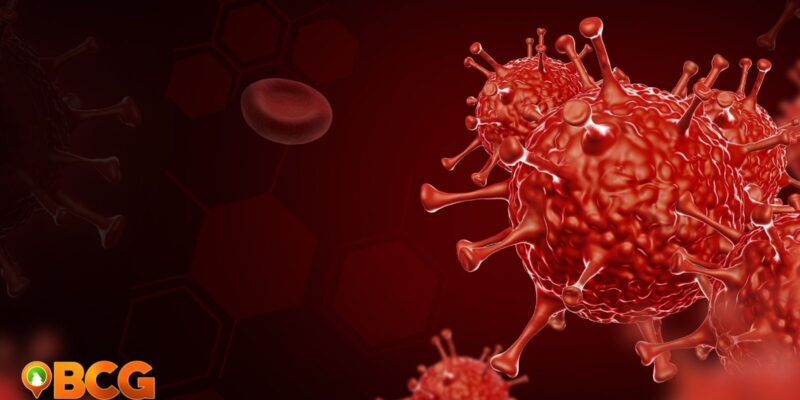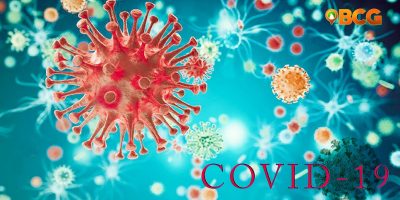Here’s what we know so far about Omicron, the new variant of concern
Virus mutations have been occurring especially with the coronavirus, in the duration of the pandemic, there have been several mutations that were identified as variants of concern. The last one that the whole world had to deal with was the Delta variant that brought India to its knees.
With the vaccine efforts kicking into high gear in most countries, the danger brought about by the Delta variant seems to have passed as countries eased on their quarantine restrictions. Unfortunately, it looks like we still cannot put the nightmare brought about by the coronavirus behind us.
South Africa recently reported to the W.H.O. that a new variant has been discovered. The B.1.1.529 variant was discovered in South Africa on November 24, 2021, from a specimen taken last November 9, 2021. Health officials from the WHO announced that this is a variant of concern and they have given it the moniker Omicron.
Here’s what we know so far about Omicron
- First discovered in South Africa on November 24, 2021, from a specimen collected on November 9, 2021
- Cases have been discovered in Botswana, but the concentration of the cases in South Africa is in Gauteng with a population of about 16M.
- This variant is detected at faster rates than previous surges of infection.
- The Omicron is seen as the main cause in the steep increase of cases in South Africa
- Aside from South Africa, the variant was also reported to have been detected in countries like Hong Kong, Israel, and Belgium
- Omicron is the most heavily mutated variant yet.
- The receptor-binding domain of the Omicron variant has about 10 mutations compared to only 2 from the Delta variant. The receptor-binding domain is the part of the virus that makes first contact with the cells.
- The Omicron spike protein, the part which binds to the cell has about 30 mutations.
- In total, the Omicron variant has about 50 mutations.
- Preliminary evidence shows that there is an increased risk of reinfection.
- SARS-CoV-2 PCR diagnostics can be used to detect this variant as one of the three gene markers called the S gene dropout is not detected.
What we do not know
As the variant is new, there is much more to discover about the Omicron. There are important questions that scientists will be working on to find the answer to. Among these questions are:
- Can Omicron cause severe cases of COVID-19?
- Will current vaccines be effective against Omicron?
Omicron sparked a worldwide travel ban
As soon as reports of the new variant came in, several countries have already taken action to protect their population.
- The United States blocked flights originating from South Africa, Botswana, Malawi, Mozambique, Eswatini, Namibia, Zimbabwe, and Lesotho.
- Canada also shuts down its borders to foreign travelers coming from South Africa, Botswana, Namibia, Zimbabwe, Lesotho, Eswatini, and Mozambique. Foreign travelers who have been in these countries in the past 14 days will be banned from entry.
- The United Kingdom also banned flights coming from South Africa, Lesotho, Botswana, Namibia, Eswatini, and Zimbabwe.
- The Philippines has also imposed a ban on inbound flights from South Africa, Botswana, Namibia, Zimbabwe, Lesotho, Eswatini, and Mozambique effective immediately.
The WHO is reminding everyone to take measures to reduce their risk of COVID-19, including proven public health and social measures such as wearing well-fitting masks, hand hygiene, physical distancing, improving the ventilation of indoor spaces, avoiding crowded spaces, and getting vaccinated.















